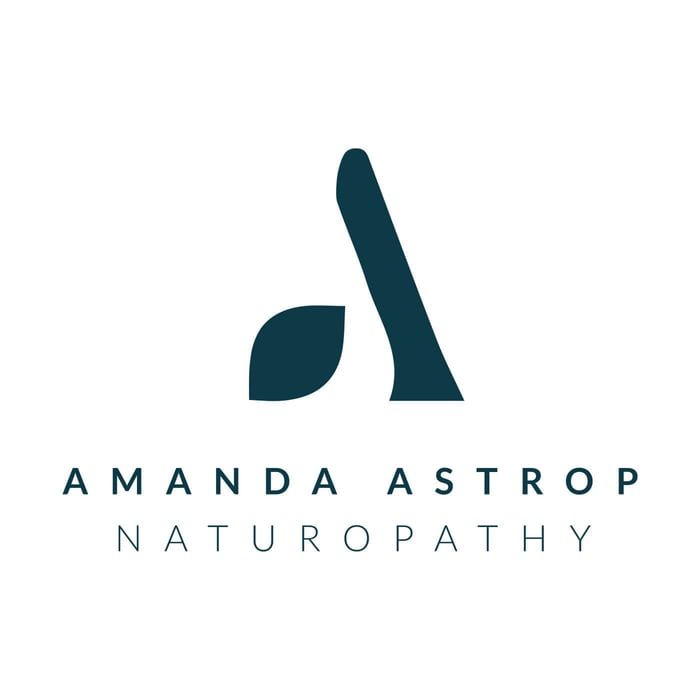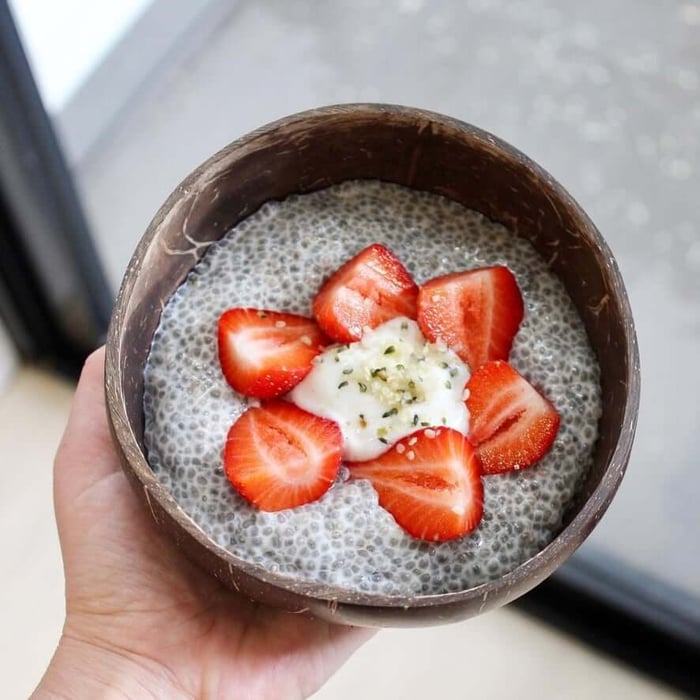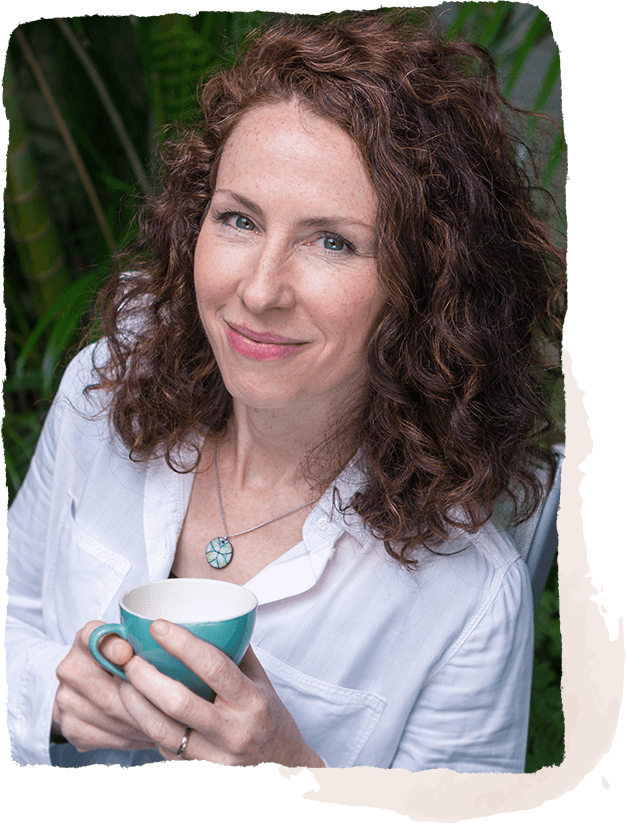
Post Partum Mental Health
Women experience three major transformational periods in life: menarche (starting menstruation), motherhood (birth), and menopause. These phases are spiritually, emotionally, and physically significant, involving constant hormonal changes that affect mood, nervous system, physical appearance, and brain structure. Unfortunately, they also increase vulnerability to mental health issues, including depression, anxiety, and higher suicide risk. Pregnancy and postpartum periods involve significant brain remodelling, compounded by sleep deprivation, mood changes, and lack of social support, making the postpartum brain particularly susceptible to depression.
Your Brain Postpartum
Depression typically involves changes in the amygdala (stress centre) and prefrontal cortex (logical thinking centre). However, postpartum depression affects maternal caregiving networks such as the insula, hippocampus, thalamus, and striatum, influenced by increased estrogen, oxytocin, and other pregnancy hormones. These changes prepare you to respond to your baby’s needs, blending intuition with new skills. Dr. Sarah McKay explains that hypervigilance and anxiety may be natures way of ensuring you protect your newborn.
Symptoms include extreme sensitivity, excessive worrying, racing heart, panic, and intrusive thoughts about your baby’s safety. These feelings should subside around 12 weeks as you adjust to your baby’s cues and hormonal levels stabilise. If they worsen or become unmanageable, seek support.
Know your risks factors:
Risk factors for postpartum depression include previous mental health issues, genetic vulnerabilities, stress, poor sleep, lack of social support, and birth trauma. Gene testing before conception can help assess postpartum risk. If you experience birth trauma, seek professional help to mitigate its impact on your mental health.
A note on breastfeeding and your mental health:
Breastfeeding is a different journey for every mum and baby. If you are looking to support your mental health postpartum, research shows breastfeeding can reduce the risk of postpartum mental health problems by regulating hormones, increasing feel-good neurotransmitters, and enhancing bonding with your baby. Negative breastfeeding experiences can harm mental health, so invest in good breastfeeding education with an International Board-Certified Lactation Consultant (IBCLC).
Practical ways to support your mental health postpartum
What should I eat?
With immense sleep deprivation comes a need to protect your brain from further damage. The way to do this is by replenishing with foods, high in the building blocks for the brain – protein and fat. Traditional postpartum foods include iron rich broths and slow cooked meats which help provide the brain with the nutrients it needs to rebuild after sleepless nights.
Antioxidants help to reduce damage caused by oxidative stress, due to lack of sleep. Foods with dark, rich colours such as blue, red, yellow and orange are higher in antioxidants.
Snacks high in antioxidants, protein, and fat include:
- Walnuts with butter or ghee
- Cheese with honey and crackers
- Veggie sticks with olive oil and hummus
- Blueberries with coconut yogurt and almond butter
- Feta, strawberries, and rice crackers
- Olives stuffed with feta or anchovies
- Dark chocolate with toasted coconut chips
- Chia seed pudding
- Avocado toast
- Lactation cookies
Eat quality food regularly, especially if breastfeeding, which requires an extra 500 calories per day. Use a slow cooker for easy meal prep and consider meal trains or services like The Whole Bowl and Postpartum Doulas.
Sleep and the nervous system:
Sleep is a core healing mechanism and must be prioritised during the postpartum period. Protecting your own sleep can safeguard the health of the entire family. Research indicates that getting large chunks of sleep is more beneficial postpartum. Aim for early bedtimes, normalise an 8 p.m. bedtime, and prioritise napping during the day to compensate for sleep lost during night time feedings.
Being able to control and synchronise your own emotions is critical for helping your baby learn the same skill and is essential for effective parenting. Manage stress with techniques like Yoga Nidra or Non-Sleep Deep Rest (NSDR), which reduce anxiety and stress in as little as 10 minutes.
Social health and community:
Addressing our systemic lack of social support can be daunting, especially if you live away from family or you don’t feel you can call on family to help. Address the lack of social support by asking neighbours for help, joining mother's groups online and in person. Embrace your new identity and focus on what you can control. Address your own internal myths of motherhood and break free from the damaging expectations of being the “perfect mother”. Forget how social media portrays motherhood, take these pressures off yourself. Instead lean into what motherhood looks like for you right now, what if anything would you like to change and most importantly, what is in your control to change?
Herbal Medicine at Home:
Herbal medicine can be very supportive for postpartum mental health, and there are some herbs you can safely use at home in tea form.
- Raspberry Leaf: This is the most used herbal medicine during pregnancy and should continue into the postpartum period. Raspberry leaf is a uterine tonic that helps the uterus return to its pre-pregnancy state. It is also high in magnesium and calcium, which are critical nutrients for the nervous system. Drinking raspberry leaf tea can support your physical recovery and emotional stability.
- Nettle Leaf Tea: Nettle leaf is beneficial for fluid and blood regulation, which is very important postpartum as blood volume changes significantly during pregnancy. Nettle leaf is full of minerals and vitamins and helps mediate histamine, which can reduce anxiety in the central nervous system.
- Warming Herbs: Herbs such as cinnamon, ginger, cardamom, and cloves stimulate blood circulation, which is crucial for healing and keeping you warm. A good chai tea incorporating these herbs can be very comforting. Turmeric is another warming herb with powerful anti-inflammatory properties, beneficial for recovery after major surgery or stitches and supporting brain health to improve mood.
- Schisandra Berries: Packed with antioxidants, schisandra berries support brain health and function. They are also adaptogens, meaning they help your body adapt to stress, which is particularly useful during the sleep-deprivation period of early motherhood.
For more specific herbal support postpartum, book a consultation with a naturopath who can tailor recommendations to your individual needs.
Enjoy this special time!
By understanding more about the real issues impacting postpartum mental health, and utilising practical strategies and herbal support, we can create a better postpartum experience for ourselves and future generations.
Enjoy this special time and remember you’ve got this!
Find Amanda:
website: www.amandaastrop.com.au
email: hello@amandaastrop.com.au
instagram: @amanda_astrop
Free resources:
13 Yarn – 24 hour helpline staffed by Aboriginal and Torres Strait Island people – 13 92 76
Beyond Blue: Online mental health organisation – 1300 22 4636
COPE: Centre of Perinatal excellence
Gidget Foundation: Start talking program - 1300 851 758
Lifeline: 24 hour helpline - 13 11 14
PANDA: Perinatal Anxiety & Depression Australia - 1300 726 306




